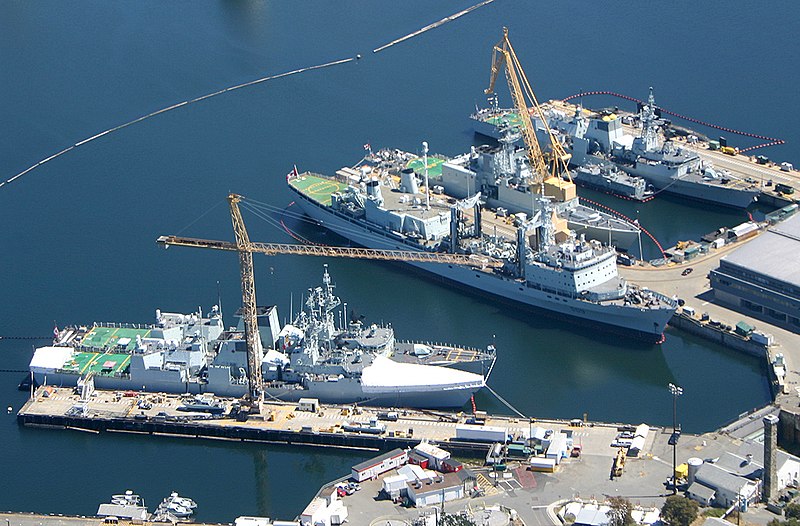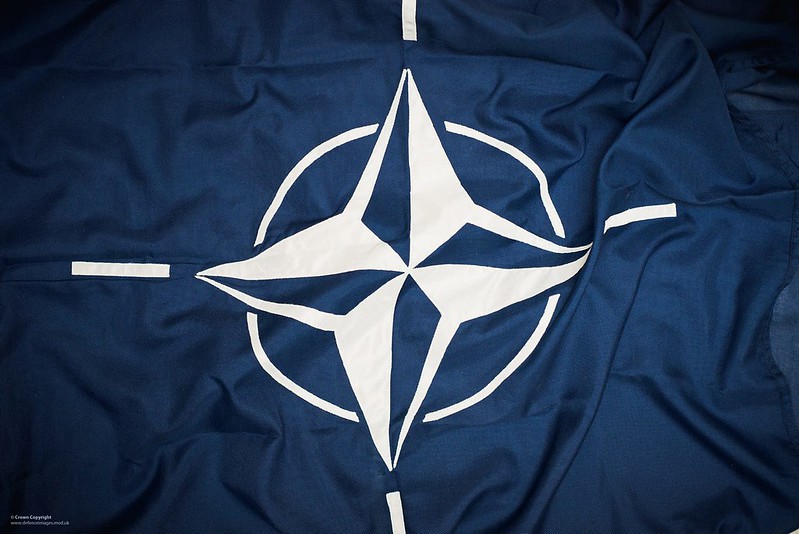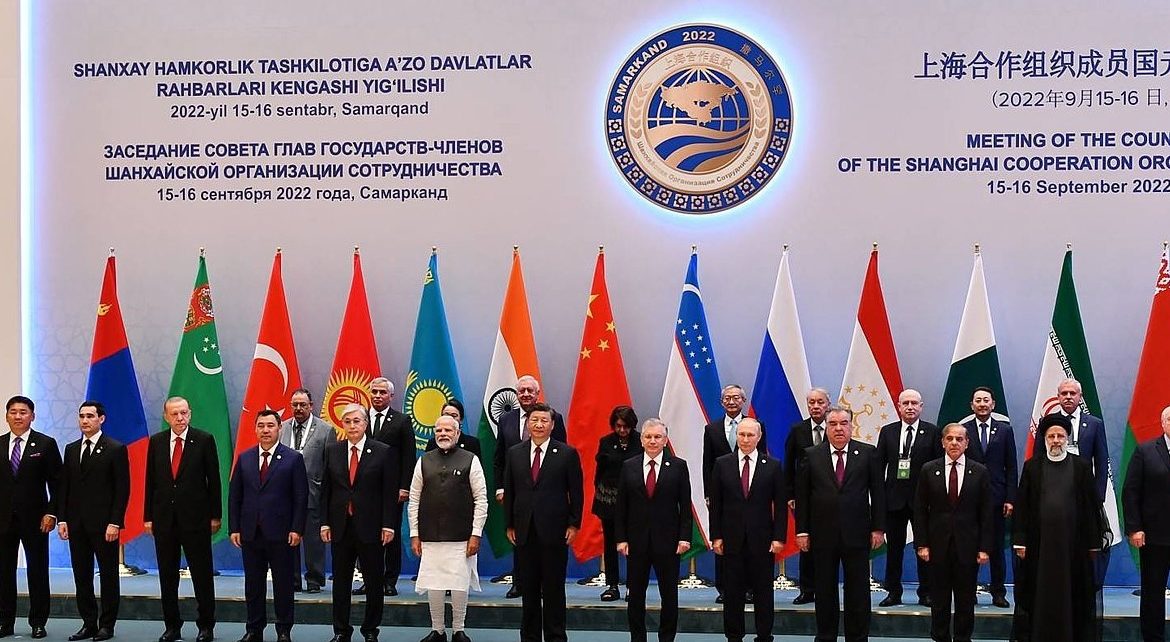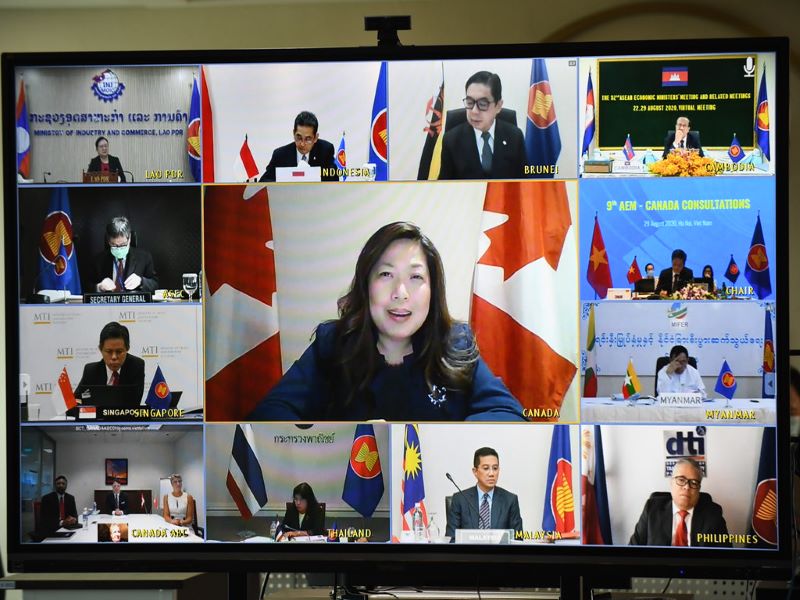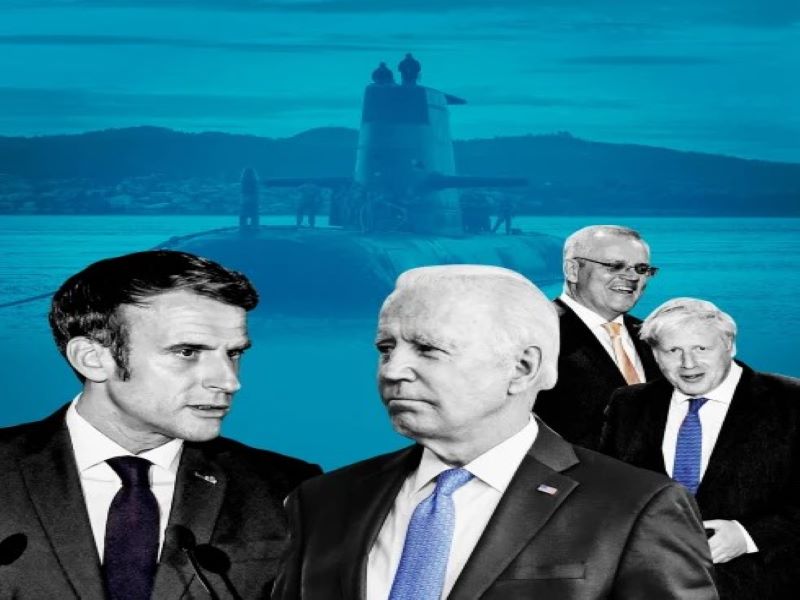Canada has recently published its long-awaited Indo-Pacific Strategy (IPS), which provides a comprehensive roadmap for managing opportunities and mitigating threats in the region. There are plenty of each: the opportunities to increase trade, bilateral foreign direct investment (FDI), and “person-to-person” connectivity (i.e., educational exchanges or cultural programs) are extensive across the theatre. Similarly, however, the Read More…
Tag: AUKUS
Should NATO Expand to include non-European States?
NATO has undergone several periods of expansion throughout its long existence. From the original 12 member states in 1949, NATO has expanded to include 30 members now, plus the imminent accession of Finland and Sweden to the alliance. NATO’s expansion has at times been controversial. After the fall of the Soviet Union, many argued that Read More…
India Flexing Its Diplomatic Muscles: A Strategic Shift in the Indo-Pacific?
Has Indian diplomacy become more independent? Scott Burns argues that India’s rebuff of Russia and hard line with Canada, the United Kingdom and China point to a more independent pursuit of strategic autonomy.
Special Report: Canada and Neo-Middle Power Diplomacy in the Indo-Pacific
In this article, Research Analyst Emilio Angeles examines the Canada-ASEAN free-trade negotiations and explains how it represents the continuation of neo-middle power diplomacy in the Indo-Pacific.
NATO, AUKUS & the Indo-Pacific: Further Proof of Intra-Alliance Friction
In this article, Research Analyst Andrew Erskine assesses the implications of the AUKUS security pact on NATO’s unity and cohesion towards a collective Indo-Pacific strategy and the need for the Alliance to develop an Indo-Pacific Council to avoid further debacles of intra-alliance friction.

